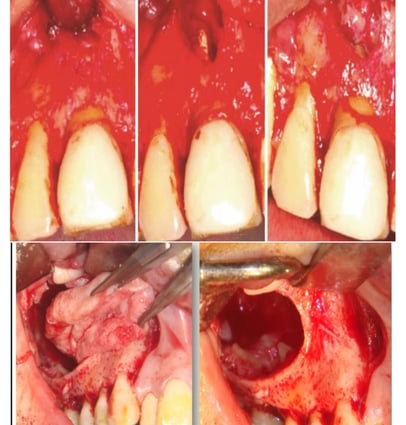Minor Oral Surgery
Wisdom Tooth Removal
Wisdom teeth, also known as third molars, are the final set of molars to emerge in the mouth.
Due to limited space, they frequently cause discomfort, infections, and other dental issues. Inflammation is often observed in this area, making it a favorable environment for bacteria and oral infections to thrive. If left untreated, recurrent infections and swelling can lead to bone loss and the weakening of the jaw bones. Symptoms of wisdom teeth problems include mouth pain, difficulty in opening the mouth, swollen gums, bad breath, and even ear pain.
Regular dental check-ups are crucial to monitor the development of wisdom teeth and address any potential complications.
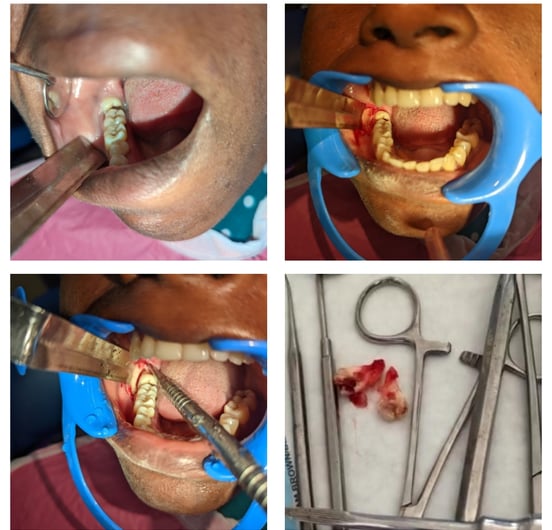

Dental Implants
Dental implants offer a long-term solution for replacing missing teeth. This procedure involves surgically placing a root device made of titanium into the jaw bones. The root device acts as a sturdy foundation to support a dental prosthesis, such as a crown or tooth bridges.
Dental implants have proven to be an effective option, with a success rate of 95%. One of the key benefits is that they preserve the natural bone structure and prevent further tooth loss.
Additionally, dental implants greatly enhance the functional efficacy of the replaced teeth, allowing for improved chewing and speaking abilities. With their durability and longevity, dental implants provide a reliable and long-lasting solution for individuals seeking to restore their smile and oral functionality.
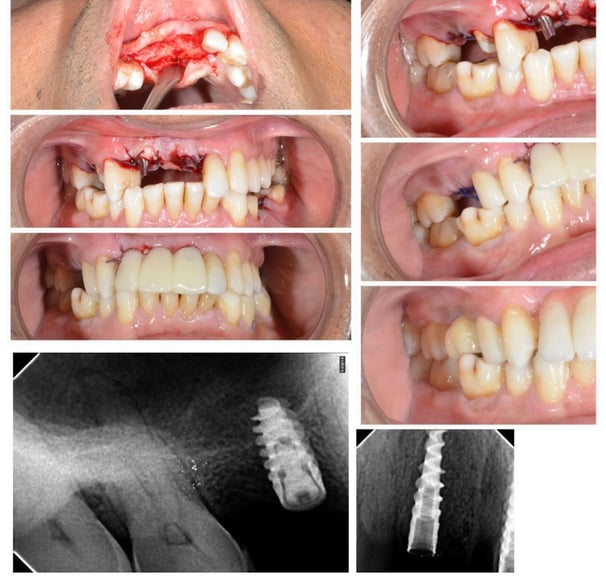

Frenectomy
The frenum is a vital structure in the oral cavity, consisting of a thin fold of mucous membrane containing muscle fibers. It plays a crucial role in providing stability to the lips, gums, and underlying bone, as well as facilitating proper movement of the tongue.
However, in some cases, the frenum can cause issues such as tongue tie, where the tongue is overly attached to the floor of the mouth, leading to difficulties in speech and tongue movement. Additionally, a thick frenum can result in spacing between the upper two teeth.
In such situations, a frenectomy, which involves the cutting of the frenum, may be necessary to alleviate these problems and restore proper oral function.
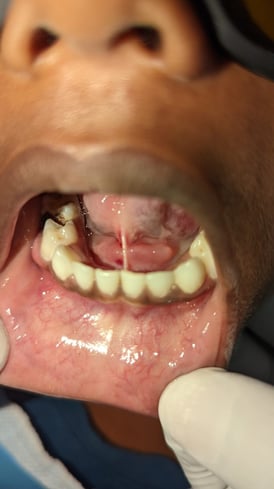

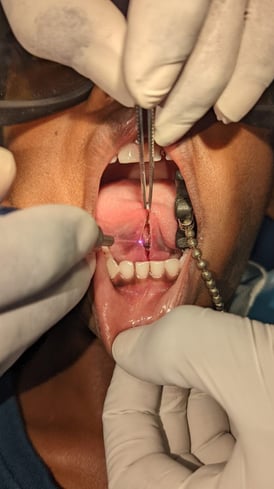

Apical Surgery
Apical surgery is a procedure performed as a last resort to preserve a tooth that has a root end infection or lesion, after the failure of a re root canal procedure.
The main objective of this surgery is to prevent any bacteria from leaking out of the root canal and spreading into the surrounding tissues. This is achieved by carefully removing the infected or damaged part of the root and then sealing it tightly with a root end filling. By doing so, the tooth is given a chance to heal and be saved from extraction.
It is important to note that apical surgery is considered when all other treatment options have been exhausted, and it is usually performed by an endodontist who specializes in this type of procedure.
